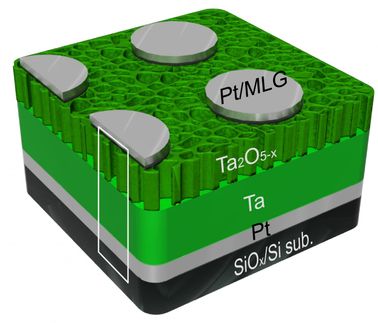PCBs still affecting our health decades later
Chemical banned by the US 3 decades ago hurts seniors' cognitive performance
Advertisement
Although PCBs have been banned in the United States since 1979, University of Montreal and CHU Sainte-Justine researcher Maryse Bouchard has found that higher levels of the toxin was associated with lower cognitive performance in seniors. There is a significant association between PCB levels and cognitive abilities among individuals aged 70 to 84 years; the correlation was also detected to a lesser extent among people aged 60-69 years. This analysis also showed that the association differed by sex. Women in the older age group had the largest diminution in cognition in relation to exposure. "While most studies have looked at the impact of PCBs on infant development, our research shows that this toxin might affect us throughout our lives," Bouchard said.
The use and production of PCBs have been phased out for over 40 years, but these highly persistent substances are still found in the blood of most individuals, especially older people. 708 Americans participated in Bouchard's study, which involved providing blood samples to determine the levels of toxins in their bodies and completing a memory and motor-skill task to determine their cognitive performance. The PCB levels found in their bodies were representative of those in the general U.S population. "Aging persons could be at particular risk because of higher cumulative exposure built up across a lifetime, susceptibility due to underlying medical conditions, such as vascular disorders, and diminished cognitive reserve capacity," Bouchard said. "Our present findings suggest that PCBs, even at levels generally considered to pose low or no risk, may contribute to cognitive deficits."
PCB disposal processes currently range from effective remediation to deliberate dumping. They accumulate in the lipid tissues of animal and marine life forms, and biomagnify across the food chain. As a result, PCBs are today ubiquitously present in tissues of human populations, in North American and around the world. This study underscores the importance of improving our response to PCBs as a health hazard.
Original publication
"Polychlorinated Biphenyl Exposures and Cognition in Older U.S. Adults", Environmental Health Perspectives, November 25, 2013






























































